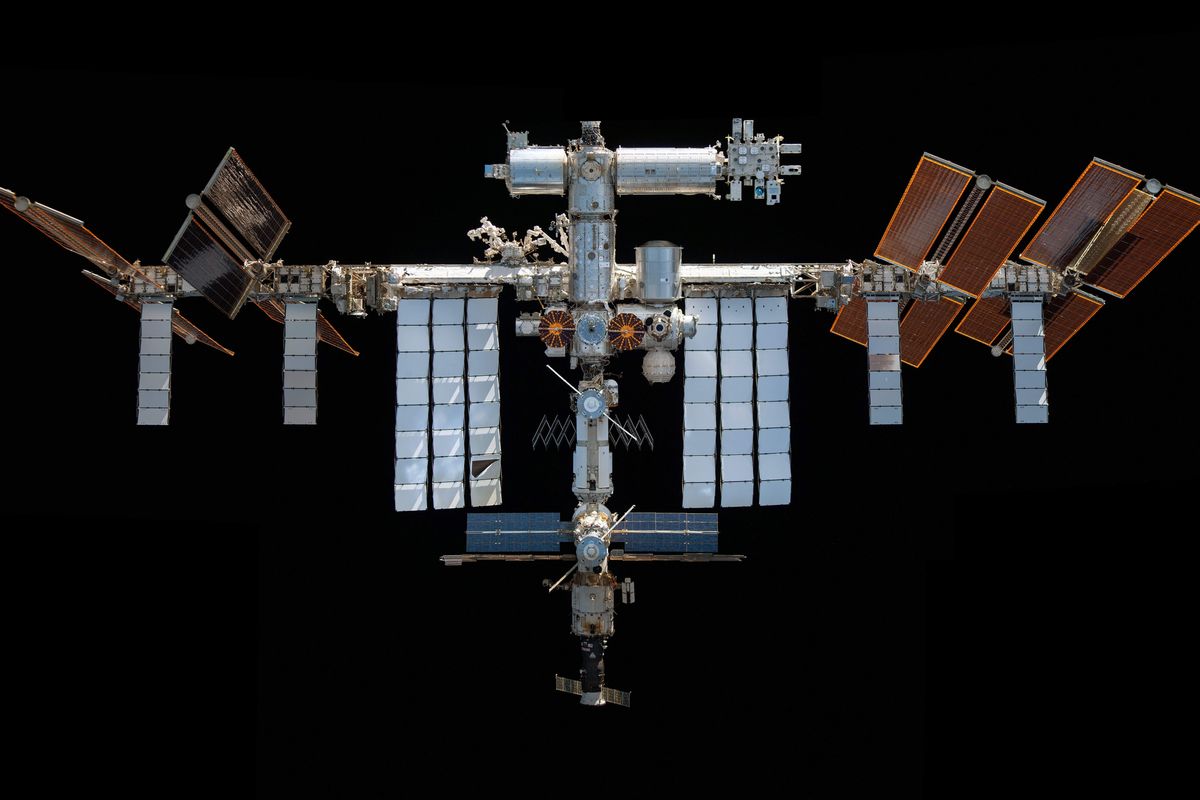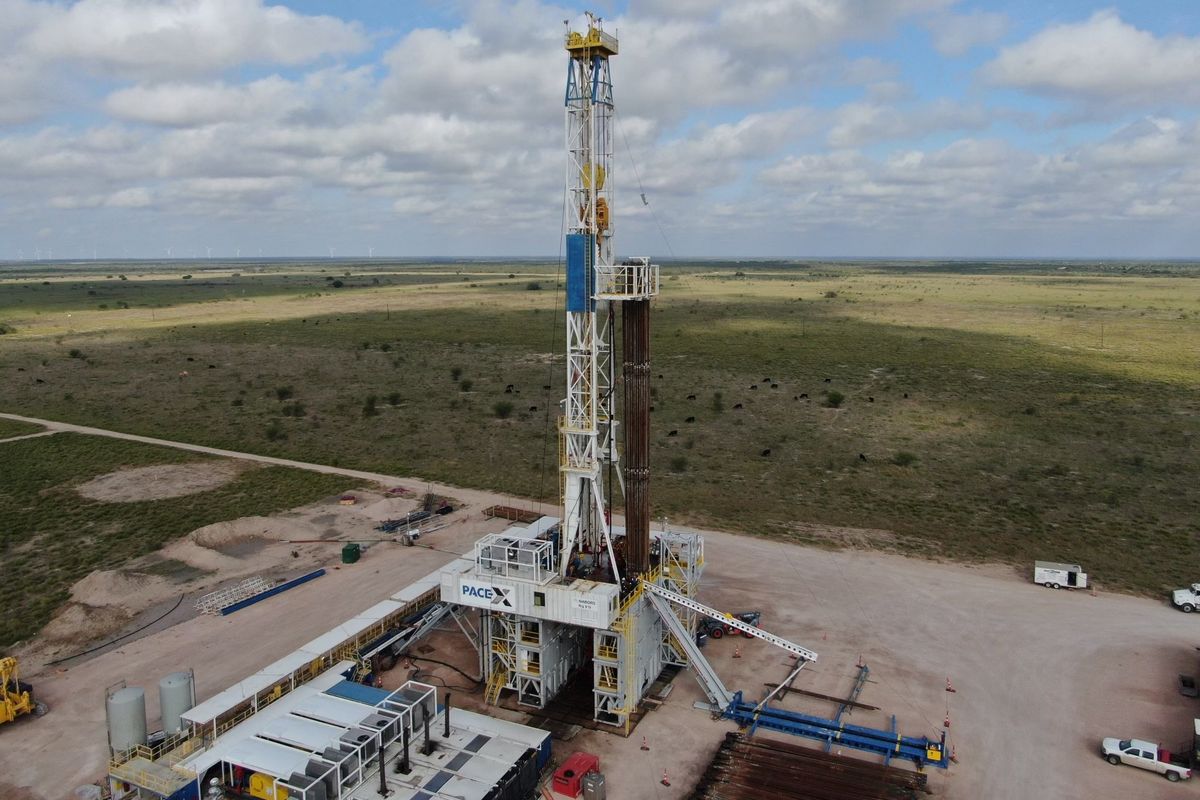4 Houston-area schools excel with best online degree programs in U.S.
Top of the Class
Four Houston-area universities have earned well-deserved recognition in U.S. News & World Report's just-released rankings of the Best Online Programs for 2026.
The annual rankings offer insight into the best American universities for students seeking a flexible and affordable way to attain a higher education. In the 2026 edition, U.S. News analyzed nearly 1,850 online programs for bachelor's degrees and seven master's degree disciplines: MBA, business (non-MBA), criminal justice, education, engineering, information technology, and nursing.
Many of these local schools are also high achievers in U.S. News' separate rankings of the best grad schools.
Rice University tied with Texas A&M University in College Station for the No. 3 best online master's in information technology program in the U.S., and its online MBA program ranked No. 21 nationally.
The online master's in nursing program at The University of Texas Medical Branch in Galveston was the highest performing master's nursing degree in Texas, and it ranked No. 19 nationally.
Three different programs at The University of Houston were ranked among the top 100 nationwide:- No. 18 – Best online master's in education
- No. 59 – Best online master's in business (non-MBA)
- No. 89 – Best online bachelor's program
"Online education continues to be a vital path for professionals, parents, and service members seeking to advance their careers and broaden their knowledge with necessary flexibility," said U.S. News education managing editor LaMont Jones in a press release. "The 2026 Best Online Programs rankings are an essential tool for prospective students, providing rigorous, independent analysis to help them choose a high-quality program that aligns with their personal and professional goals."
A little farther outside Houston, two more universities – Sam Houston State University in Huntsville and Texas A&M University in College Station – stood out for their online degree programs.
Sam Houston State University
- No. 5 – Best online master's in criminal justice
- No. 30 – Best online master's in information technology
- No. 36 – Best online master's in education
- No. 77 – Best online bachelor's program
- No. 96 – Best online master's in business (non-MBA)
- No. 3 – Best online master's in information technology (tied with Rice)
- No. 3 – Best online master's in business (non-MBA)
- No. 8 – Best online master's in education
- No. 9 – Best online master's in engineering
- No. 11 – Best online bachelor's program
This article originally appeared on CultureMap.com.





